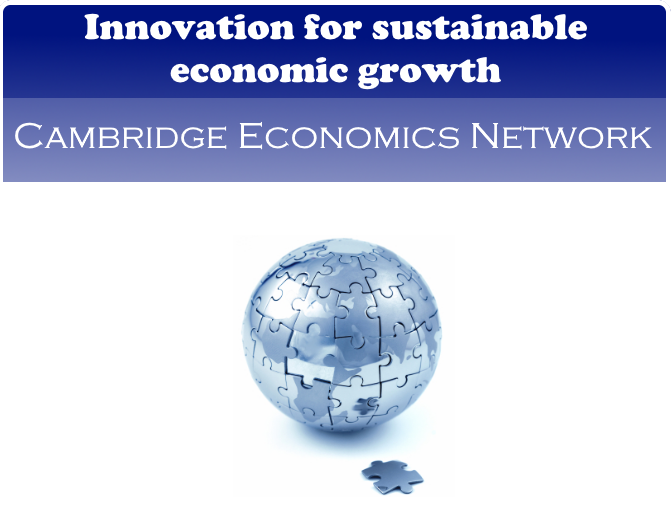 Home page Sustainability Sustainability signifies an ability to maintain a set of quantitative input-output relationships indefinitely or to a desirable point in time. In terms of climate change and the overburdening of the earth's natural resources, sustainability signifies a state where the carrying capacity of an area of land remains stable and processes applied do not deplete the natural resources complement of the land concerned. Besides the natural resources conservation questions related to the physical environment and ecosystems, sustainability has other connotations in terms of social, economic and financial sustainability. An important aspect of any process is its performance within the constraints established by the sustainability requirements and these performance criteria include: activities being relevant to objectives, sustainability (as discussed), effectiveness, efficiency, coherence of information used to ensure adequate management of the process and resilience to change by maintaining stability of output without prejudicing sustainability. Fundamental to all of the above considerations and performance criteria the most important limiting factor is process productivity. |